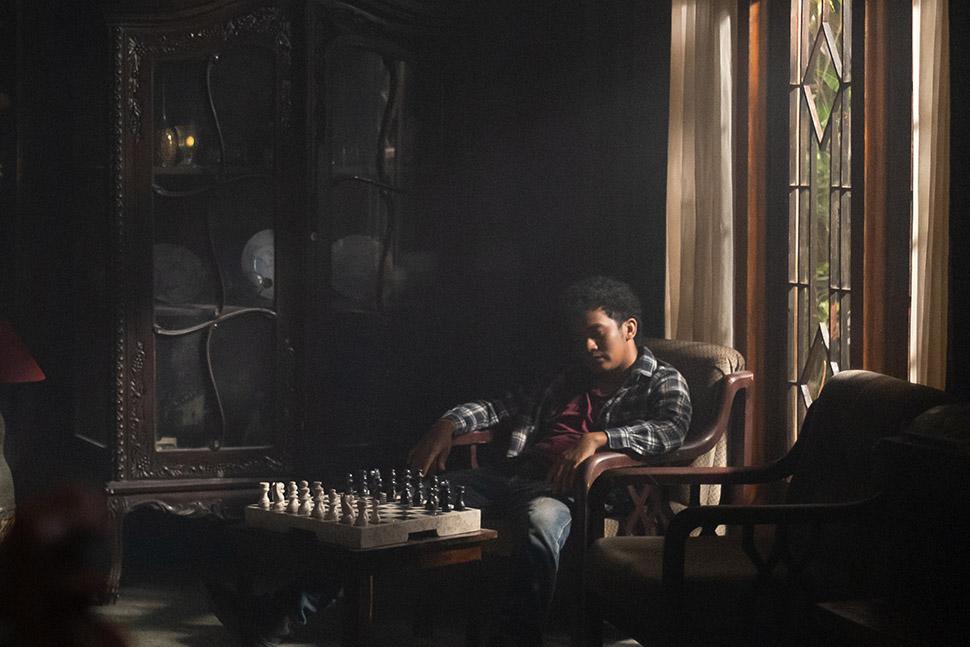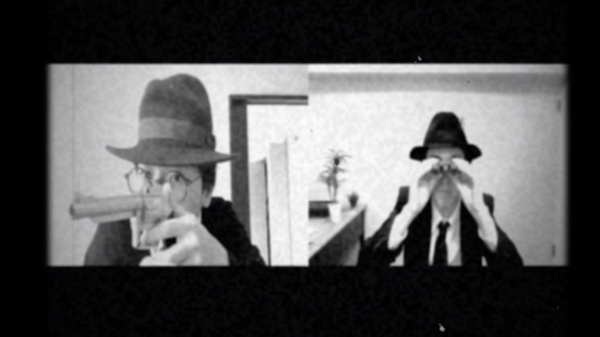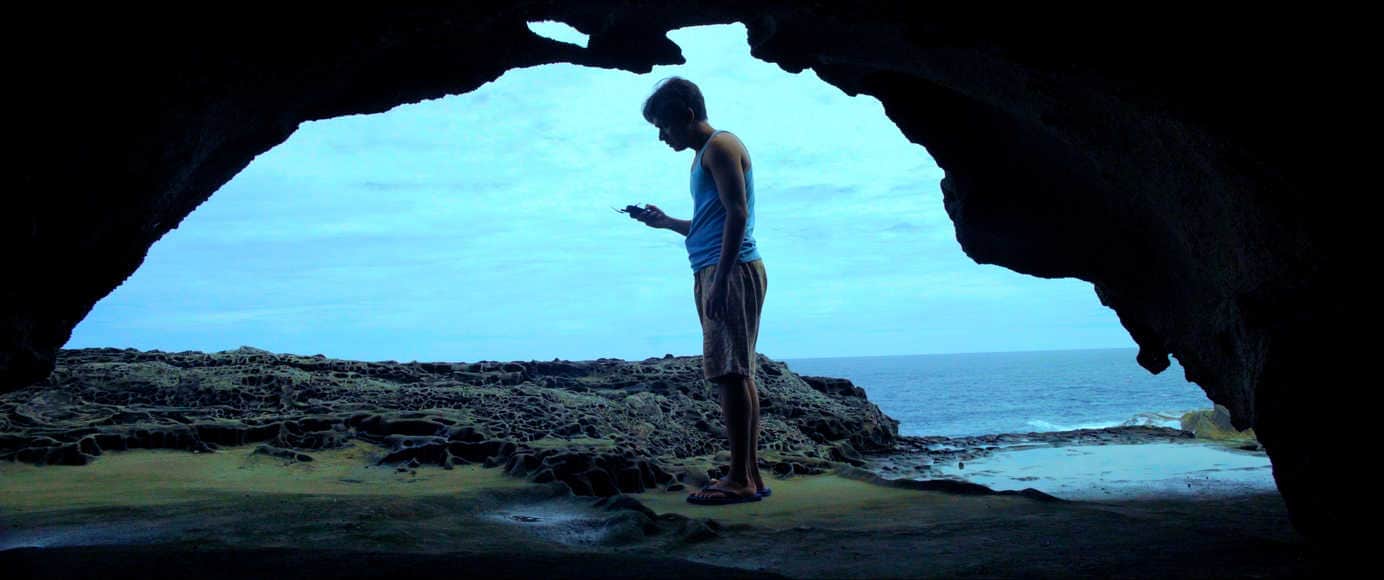Makbul Mubarak is a former film critic turned filmmaker, who has shot several acclaimed shorts before “Autobiography”, his feature debut which is premiering today in the Orrizonti section of Venice. Mubarak grew up in Indonesia during the latter days of the dictatorship, which lasted from 1966-1998, and describes the film as an“emotional investigation” into his childhood.
Autobiogarphy is screening at Venice International Film Festival

Rakib, a young man, is living on his own, as his father is in prison and his brother abroad for work. Eventually, Purna, a retired general whose family Rakib's clan have served for centuries in a rural Indonesian town, comes to him and essentially forces him to be his assistant, living with him in his mansion, driving him around as he is campaigning for the next election, and doing whatever deed the older man assigns. An initially reluctant Rakim finds himself more and more attached to Purna, soon starting to consider him a mentor, if not a father-figure, with the gun training he undergoes under his tutelage helping the most in that regard. At the same time, and as exhibited in a town hall meeting when a young man asks help from the general only to have his mother criticized and himself mocked, Rakib also realizes that something is going wrong with his new boss. When Purna's election poster is found vandalized one day, Rakib doesn't hesitate to track down the culprit, but the outcome of his research is not exactly what he expected.
Makbul Mubarak directs a movie that thrives on its atmosphere, one that is dominated by a sense of disorientation, angst and constant danger, and actually carries the film from beginning to end. The ways he achieves this imposing setting, vary. For starters, the excellent acting of the two protagonists, Kevin Ardilova as Rakib and Arswendy Bening Swara as Purna, who are the main sources of all the aforementioned sentiments, with the former being responsible for the disorientation and angst, and the latter for the constant sense of danger. Their intense antithesis, as the young man barely speaks and the elder is quite vocal, particularly when campaigning, also works quite well here, highlighting their excellent chemistry. The scene in the shower is probably the apogee of this aspect, although there are a plethora of sequences that showcase the great collaboration between the two actors. Furthemore, the way their relationship changes throughout the movie is also quite intriguing, particularly in the way it parallels Rakib's transformations.
Secondly, Wojciech Staroń's cinematography and particularly his framing, both in the close-ups and the mid-length shots that dominate the movie allow the protagonists to exhibit all of their character traits in the most artful fashion; Ardilova mostly through his facial expressions and Swara through his words and overall demeanor. The low-lighting scenes in the house in particular are impressive to watch, giving the film a sense of thriller, which is also heightened by the ideal use of music, which only appears in key moments. Lastly, Carlo Francisco Manatad's editing results in a mid-tempo that allows the story to unfold without rushing or stalling, and the characters to be analyzed to the fullest.
At the same time, and through the whole story, Mubarak sheds much light to a rather dark period in the history of Indonesia, where various powerful people dominated all aspects of life, essentially being untouchable by the law. The way Purna campaigns, reacts with various citizens who are obviously afraid of him, the police who treat him like their boss, and other members of the military are indicative of the circumstances of the era. That many people found themselves wronged but had nowhere to turn to, as much as the extensive immigration brought by both the system and poorness are also highlighted here, adding even more depth to the narrative.
“Autobiography” is a great debut for Mubarak, equally artful, well-shot, and contextually rich, and one of the best films we have seen this year so far.
















